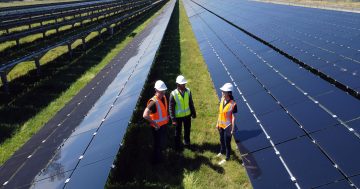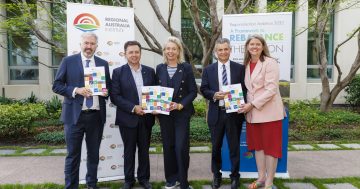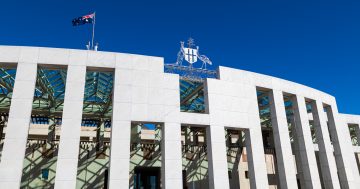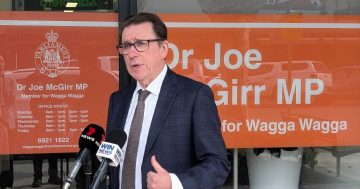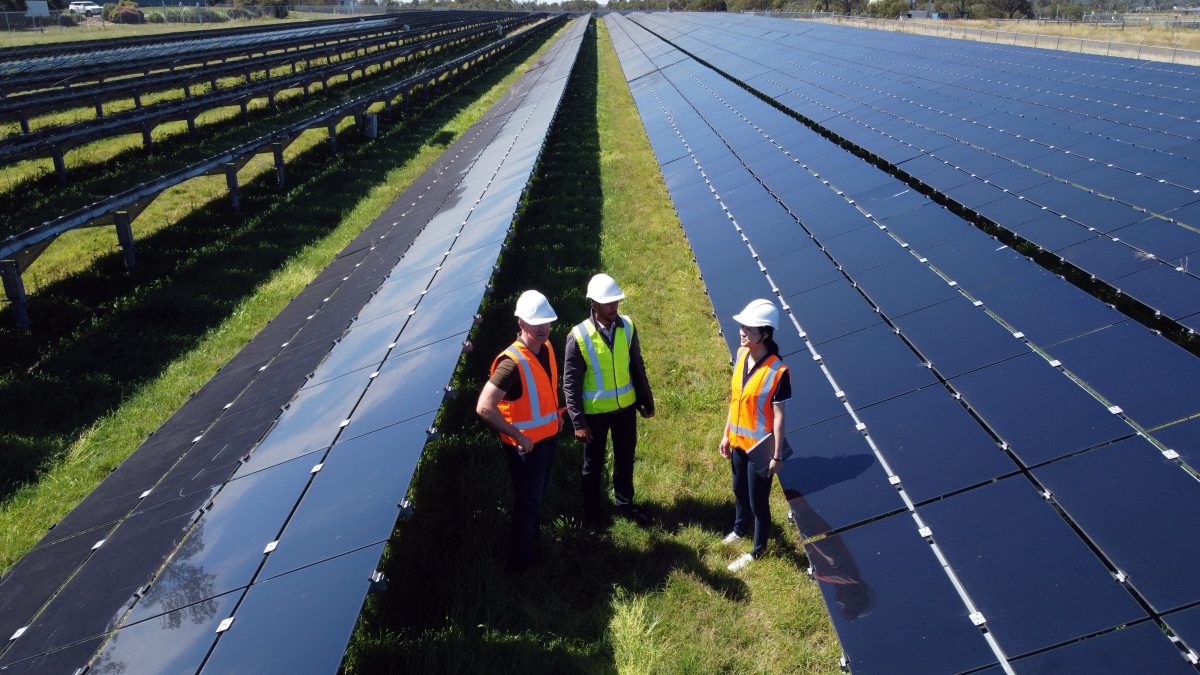
The shift to net zero “must be done in a way that is just”. Photo: Thurtell.
The Regional Australia Institute (RAI) is calling for the regions to be given more say in Australia’s transition to renewable energy to avoid missing out on a “once-in-a-generation” opportunity.
A new report released this week warns that the march towards net zero will stall if collaboration between industry, government and regional communities does not improve.
RAI CEO Liz Ritchie said the report showed that regional communities must have a seat at the table.
“A juggernaut of energy proponents is already working in regions, and many local communities are behind because they don’t have the information they need,” she said.
“Industry is moving faster than government in this space.”
Ms Richie said communities must become prominent and active partners while governments needed to improve the flow of information, planning and service provision and industry needed to invest long-term.
“We cannot simply aim to reach net zero at any cost,” she warned.
“It must be done in a way that is just and provides local opportunities, in an efficient manner, with an equity of outcomes for all Australians – and the clock is ticking.”
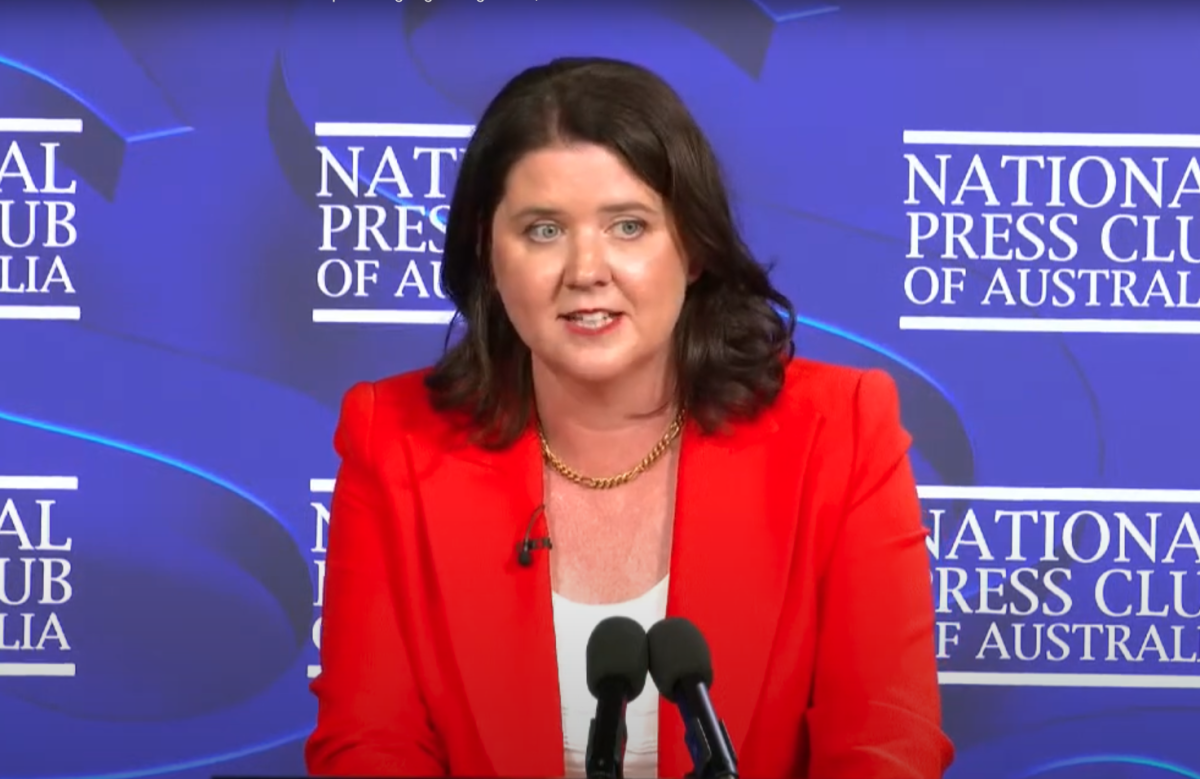
Regional Australia Institute CEO Liz Ritchie addressed the National Press Club in 2023. Photo: NPA.
According to the Renewable Energy Country Attractiveness Index, Australia ranks seventh out of 40, however the report suggests it will be an uphill climb to reach the 2030 target of 82 per cent renewable generation.
The RAI said more investment in housing, workforce, education, childcare and connectivity was needed.
“Thousands of jobs will be created over the next six years to 2030, and regions require more houses, childcare facilities, skills and training, and service provision workers such as doctors and nurses to support this societal transformation,” said Ms Ritchie.
“The Australian Energy Market Operator estimates a capital cost with a present value of $122 billion to build the new utility-scale generation, storage and transmission needed to maintain an affordable and reliable supply of electricity as coal generation retires.
“This provides a unique opportunity that will not only deliver an economic injection into regional Australia, but also highly skilled jobs and a source of funds for liveability projects that have the power to better the regions.”
The RAI’s Towards Net Zero: Empowering Regional Communities report makes eight recommendations including:
- For government to establish a Regional Prosperity Collective to match public and private investment commitments with place-based community needs
- The development of a Local Legacy Fund to deliver material economic benefits for communities
- A stronger role in local net zero transition strategic planning for regional leadership bodies with local knowledge such as the Regional Australia Development networks, joint councils and regional commissions
- The development of an Energy Transition Hub, which would provide regional communities with practical advice and clear information through a website or phone hotline
- A higher local government rate base for large-scale renewable projects to better reflect usage of council services, infrastructure and amenity and to support a just transition.
Ms Richie said the transition presented a “once-in-a-generation chance” to deliver a legacy for the regions.
“The regions are now home to nearly 10 million people, but they continue to be held back by a lack of housing, childcare and access to critical services. Through strategic leadership and harnessing the economic stimulus decarbonisation will provide, many of these issues could start to be addressed,” she said.
“Australia’s transition to net zero can be the catalyst for enormous, beneficial change if governments, industry, and the regions work together. This transformation may be focused on energy, but it’s also about empowering regions to thrive.”







